
The author and publisher have provided this e-book to you for your personal use only. You may not make this e-book publicly available in any way. Copyright infringement is against the law. If you believe the copy of this e-book you are reading infringes on the authors copyright, please notify the publisher at: us.macmillanusa.com/piracy. Contents Insults by and about notable Americans Insults by and about notable Brits Insults by and about famous military figures A panoply of national insults Insulting miscellany from around the globe INTRODUCTION Insult has always played a part in human history. Wherever men and women have gathered in deliberative bodies, whenever great egos have clashed in the halls of power or on the battlefield, there historical figures have resorted to personal invective to cut their opponents and rivals down to size.
This collection celebrates that heritage of calumny and the honesty of expression behind it. While historical conflicts cannot simplistically be reduced to amplified personal quarrels, its hard to ignore the way events of global import have a tendency to boil over in the form of petty rudeness. Political or territorial disputes often originate in self-interest and personal ambition, are expressed in terms of conflict, and occasionally find their terminus in outright paranoia. Remarks made off the cuff, particularly personal remarks, open a window on the true character of the speaker, revealing his or her innermost motivations. What did Napoleon really think of Wellington? Was the competition among Allied generals during World War II as intense as it seemed from the outside? We can learn a lot from what someone says in their least guarded moments. Sadly, the golden age of insult may have passed.
In recent years, there has been a discernible downshift in the level of rhetorical vituperation. The advent of gavel-to-gavel television coverage of deliberative proceedings, the desire on the part of the public for less partisan, less ideological politics, and the rise of political correctness have all conspired to muffle much of the rancor out of public discourse on both sides of the Atlantic. What has resulted is not more civil debate but merely less honest, less open debate. Even memoirs published many years after a person has receded from public life rarely contain the kind of pungent assessments of contemporaries contained in Merle Millers delightfully profane oral biography of Harry Truman. They dont make insults, or politicians, like that anymore. Some notes on the selection process are in order.
With a few exceptions, I have chosen to limit the scope of this book to insults uttered by world leaders, political and military figures, and well-known historical personages. The legendary one-liners of great wits and literary icons, from Dorothy Parker to T. S. Eliot, have been exhaustively compiled elsewhere and lay beyond the purview of this volume. This is a book about history and the men and women who made it. For similar reasons, I have elected to include only a few quotations from professional journalists, historians, and political writers.
The annals of newspaperdom are full of scathing editorials excoriating this or that historical figure in highly personal terms, particularly in the early American Republic; the book would quickly become elephantine with the weight of them. Besides, one expects a famously pithy observer like H. L. Mencken to have something memorable to say about the leading lights of his time. Its much more interesting, I think, to hear a great insult emerge from the lips of a more surprising source like, say, Warren G. Harding.
As for historians, well, part of their job is to form considered opinions about historical events and figures based on evidence accrued over decades and centuries, not on ideology or personal antipathy. If theyre resorting to insult, they probably arent doing their job very well. Finally, it is the destiny of a great quotation to be attributed to many different sources. I have made every effort to wade through the misattributions and weed out apocryphal quotes and sources. In some cases an insult was simply too good to leave out, despite a questionable parentage, and I have gone with the source I considered most reliable. My apologies to anyone, living or dead, whose wicked turn of phrase has not been credited properly.
Chapter One DISUNITED STATES FEUDIN FOUNDERS We have a tendency to look back at Americas Founding Fathers as paragons of civil discourse. But the written record they left behind paints a decidedly less polite picture. Politics, it seems, has always been a contact sport. This man has no principles, public or private. As a politician, his sole spring of action is an inordinate ambition. A LEXANDER H AMILTON, ON A ARON B URR I never thought him an honest, frank-dealing man, but considered him as a crooked gun whose aim or shot you could never be sure of.
T HOMAS J EFFERSON, ON A ARON B URR The bastard brat of a Scotch peddler. A man devoid of every principle. J OHN A DAMS, ON A LEXANDER H AMILTON A man without head and without heartthe mere shadow of a man! J OHN A DAMS, ON J OHN H ANCOCK What a poor, ignorant, malicious, shortsighted, crapulous mass, is Tom Paines Common Sense . J OHN A DAMS, ON T OM P AINE [That] mere adventurer from England, without fortune, without family or connections, ignorant even of grammar. G OUVERNEUR M ORRIS, U . S .
STATESMAN, ON T OM P AINE [His] inveteracy is profound, and his mind of that gloomy malignity which will never let him forego the opportunity of satiating it on a victim. T HOMAS J EFFERSON, ON J OHN M ARSHALL, CHIEF JUSTICE OF THE S UPREME C OURT You and I were long friends; you are now my enemy, and I am Y OURS, B . F RANKLIN, IN A LETTER TO W ILLIAM S TRAHAN, PRINTER AND PATRON OF THE ARTS A crafty and lecherous old hypocrite whose very statue seems to gloat on the wenches as they walk the States House Yard. W ILLIAM C OBBETT, B RITISH RADICAL JOURNALIST, ON B ENJAMIN F RANKLIN Cobbett wasnt the only one to take swipes at the bespectacled, grandfatherly figure one recent biographer dubbed the First American. Though beloved by many through the centuries, Franklin has had his share of detractors as well. A philosophical Quaker full of mean and thrifty maxims.
J OHN K EATS, B RITISH POET Benjamin Franklin, incarnation of the peddling, tuppenny Yankee. J EFFERSON D AVIS, C ONFEDERATE PRESIDENT He is our wise prophet of chicanery, the great buffoon. W ILLIAM C ARLOS W ILLIAMS, U . S . POET SPITE HOUSE Never a people to stand on ceremony, Americans began insulting their presidents as soon as they started electing them. Some of the most baleful tidings came from fellow members of the White House fraternityTeddy Roosevelts comments about Woodrow Wilson alone could probably fill up an entire book (and quite an entertaining one at that).
One of the curious things one notes in looking over these quotations is that some of Americas most highly regarded chief executives seem to have inspired the most bilious insults. Perhaps a shooting fish in a barrel principle is at work here. After all, anyone can take a potshot at, say, Warren Harding, but it takes a refined animus to lob insults at a Washington or a Lincoln. As this chief-by-chief rundown suggests, there has been no shortage of volunteers in either case. GEORGE WASHINGTON (17891797) That Washington was not a scholar is certain. That he is too illiterate, unlearned, unread for his station is equally beyond dispute.
J OHN A DAMS That dark, designing, sordid, ambitious, vain, proud, arrogant, and vindictive knave. G EN. C HARLES L EE, R EVOLUTIONARY COMMANDER If ever a nation was debauched by a man, the American nation has been debauched by Washington. If ever a nation was deceived by a man, the American nation has been deceived by Washington. B ENJAMIN F RANKLIN B ACHE, U . S .


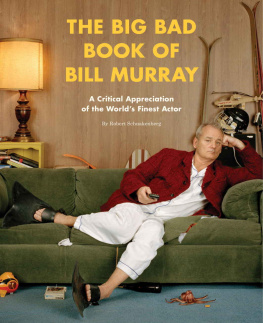

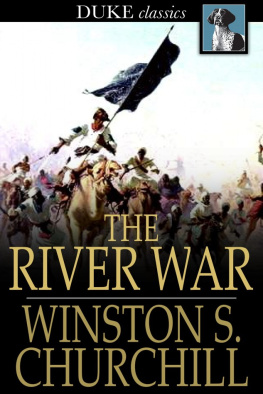
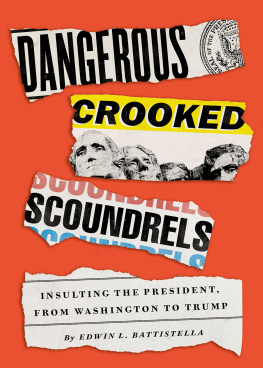
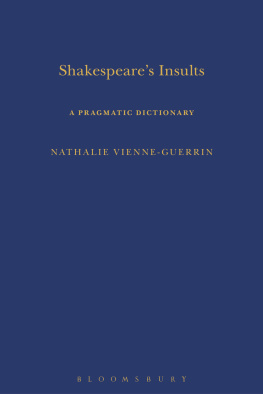

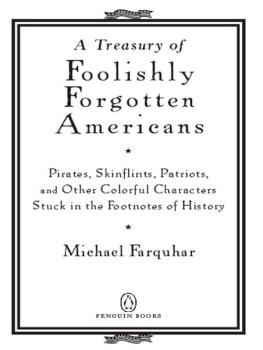
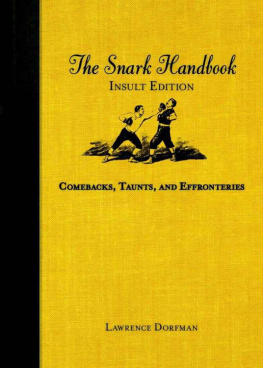
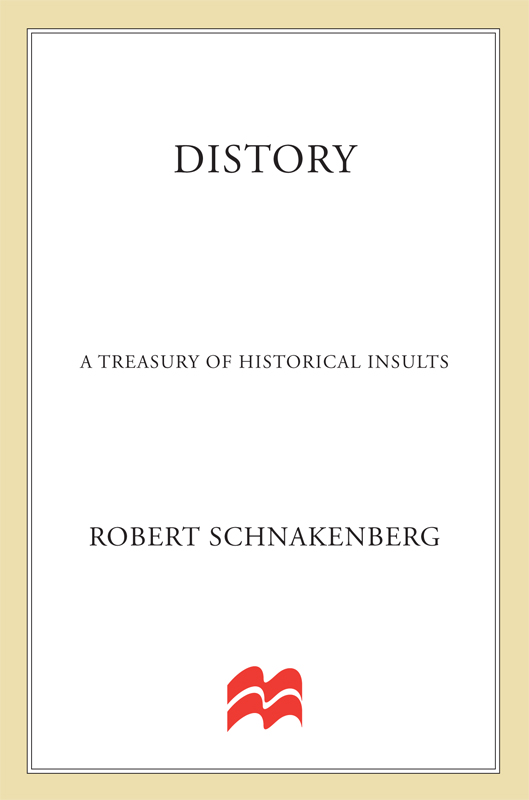
 The author and publisher have provided this e-book to you for your personal use only. You may not make this e-book publicly available in any way. Copyright infringement is against the law. If you believe the copy of this e-book you are reading infringes on the authors copyright, please notify the publisher at: us.macmillanusa.com/piracy. Contents Insults by and about notable Americans Insults by and about notable Brits Insults by and about famous military figures A panoply of national insults Insulting miscellany from around the globe INTRODUCTION Insult has always played a part in human history. Wherever men and women have gathered in deliberative bodies, whenever great egos have clashed in the halls of power or on the battlefield, there historical figures have resorted to personal invective to cut their opponents and rivals down to size.
The author and publisher have provided this e-book to you for your personal use only. You may not make this e-book publicly available in any way. Copyright infringement is against the law. If you believe the copy of this e-book you are reading infringes on the authors copyright, please notify the publisher at: us.macmillanusa.com/piracy. Contents Insults by and about notable Americans Insults by and about notable Brits Insults by and about famous military figures A panoply of national insults Insulting miscellany from around the globe INTRODUCTION Insult has always played a part in human history. Wherever men and women have gathered in deliberative bodies, whenever great egos have clashed in the halls of power or on the battlefield, there historical figures have resorted to personal invective to cut their opponents and rivals down to size.